Post-Covid planning: The committee aiming to protect us from disaster
- Published
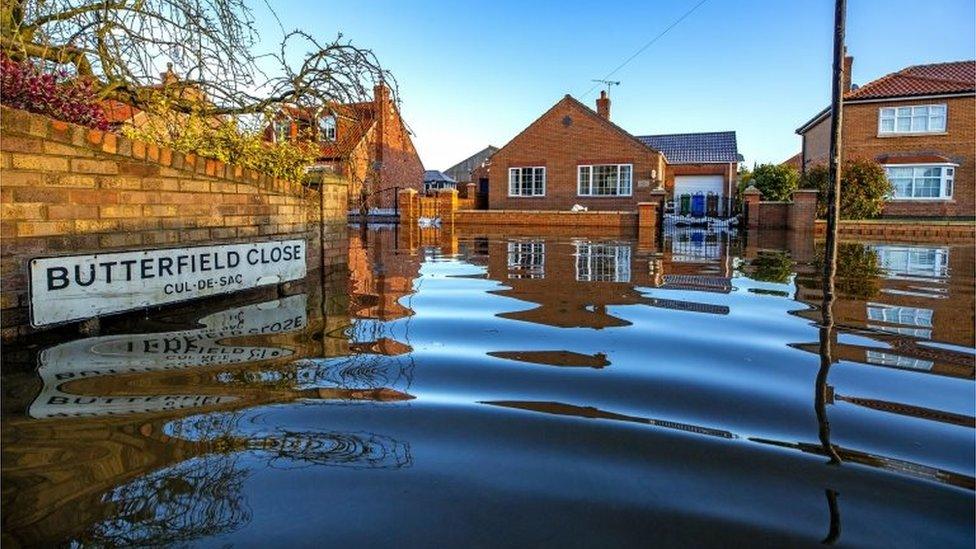
The coronavirus pandemic revealed how an unexpected event originating on the other side of the world could throw our everyday lives into turmoil. Now a new committee, the National Preparedness Commission, is looking at what other "unexpected future shocks" we should be expecting.
Lord Harris of Haringey - the author of a report on improving London's terror preparedness - has been thinking about this question for the past few years. He is chairing the commission to produce some answers, or at least some advice.
Funded by businesses, including Amazon, the commission is made up of people from the NHS Confederation, the Serious Organised Crime Agency, Tesco, the British Red Cross, Google Cloud, Unilever, the Bank of England and the National Grid. On Thursday the commission held their first meeting.
So, what will they, on our behalf, be worrying about?
The danger posed by solar storms is one item on the list, says Lord Harris.
Solar storms are created by a build up of magnetic energy from the Sun. It is thought such storms caused sea mines to explode off the Vietnam coast in 1972.
And back in 1859 the most extreme solar storm recorded to date - known as the Carrington Event - caused telegraph systems to fail.
A similar event today could have far more severe effects.

A series of images from NASA's Solar Dynamics Observatory (SDO) show the first moments of a solar flare in different wavelengths of light
"Google maps wouldn't work," says Lord Harris. "Financial systems would go down and teenagers would lose the ability to communicate."
He is also concerned about a major power outage as a result of a cyber attack or a natural event like flooding.
That could automatically create problems with communications, water supply and the removal of sewage.
And of course, there is the challenge posed by climate change. He says floods which used to be rare are now commonplace. "That is a sign that we should be raising our game."
'Map our gaps'
He says all parts of society - central government, local government, big business, small business and individuals - need to "map where our gaps are".
The government's National Risk Register catalogues, external the existential threats faced by the country but Lord Harris says "thinking about them is different from being as fully prepared as you could be".
He wants the country to move from a "just in time" philosophy to a "just in case" and says too often the drive for efficiency has led to a lack of back-ups.
He also cites the role that pagers - small electronic devices that display messages - played in the response to 7/7 bombings in London in 2005. At the time the ambulance service had just made the decision to phase out pagers, but when the capital's mobile network went down pagers became an indispensable communication tool.
Lord Harris isn't campaigning for the return of the pager, which had their heyday in the 1980s before widespread mobile phone use, rather making the point that all organisations need to ensure they have back-up plans.
Preparing for global Armageddon might pose complicated logistical problems, but our own psychology also creates difficulties.
He identifies two particular attitudes he believes can stand in the way of tackling potential future problems.
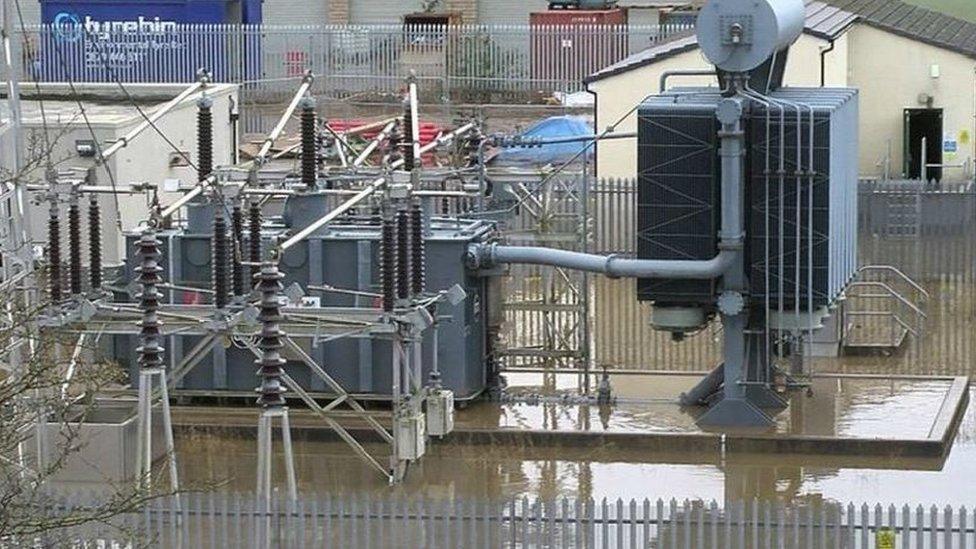
A flood at a substation left 55,000 homes without power in Lancaster
Firstly the attitude of "someone else will sort it". Second is the notion that a problem is simply too big to try and solve. And when the problem is merely hypothetical there is a tendency, among those in power, to cross fingers and hope the issue doesn't arise while they are in charge.
There is also the more practical issue of expense. Lord Harris says that when budgets are tight, organisations are inclined to postpone preparation plans
It may be pricey to prepare for an event that might never happen, but the consequence of not acting could cost even more, he argues.
Carry a torch
A recent estimate by the Office for Budget Responsibility says the government would have to borrow £372bn for the current financial year - that compares to the £55bn it had expected to borrow pre-coronavirus crisis.
Lord Harris says unexpected benefits can come out of planning for the future. For example, during the pandemic local government has had to draw up lists of vulnerable people living alone. He says these lists can now be utilised during other emergencies - like floods.
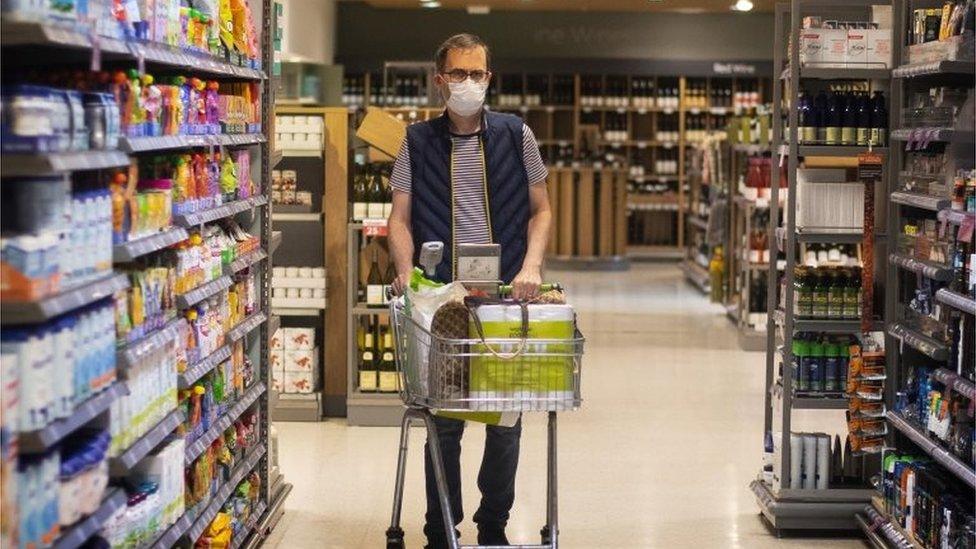
He also argues that supermarkets who made plans for a no-deal Brexit - such as getting extra warehouse space - were better placed when the pandemic arrived.
The commission will also look at what we can do in our own life to prepare for future risks.
Lord Harris says governments are nervous about preparing the public for possible disasters.
"If the government sent around, for example, an information pamphlet, people would ask why are you telling us this now? What are you expecting," he says.
The commission will be looking at all sorts of issues over the coming months, but for now once piece of practical advice Lord Harris can offer is to make sure you have a working torch to hand.
- Published25 October 2020
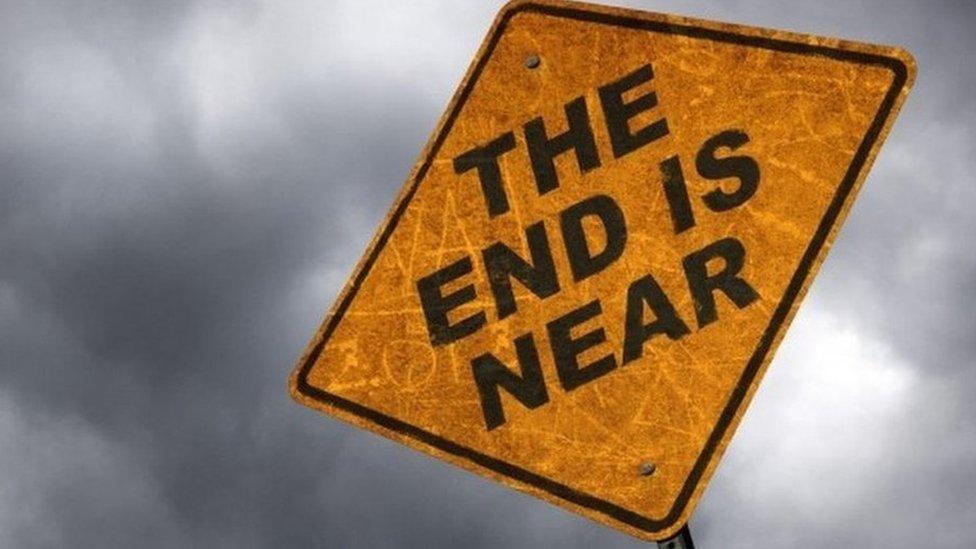
- Published22 November 2018

- Published3 November 2020
- Published25 September 2020
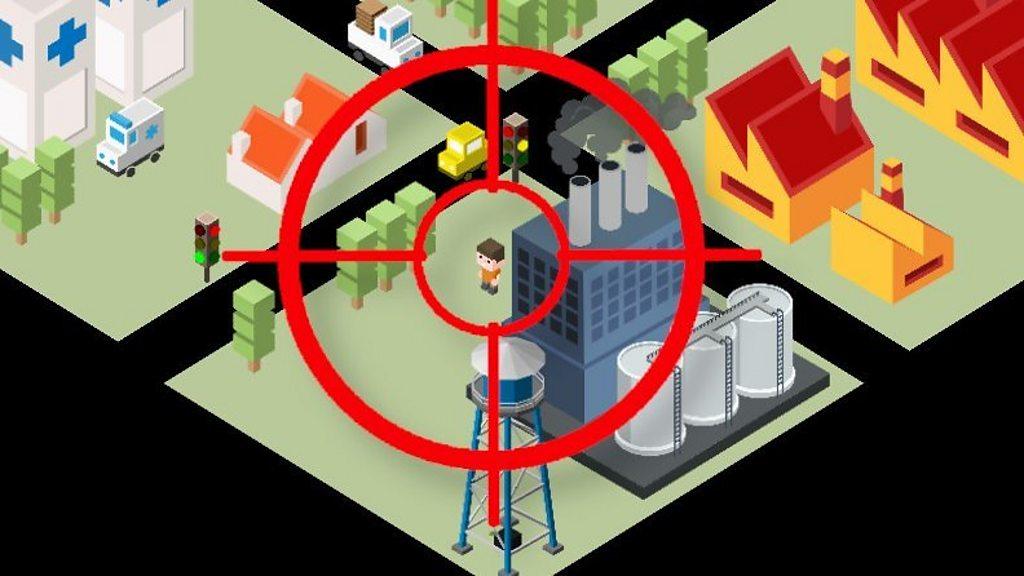
- Published21 June 2017
